
A Comprehensive Listing of All the Aromatherapy Regulating Bodies in the World
AromaTech Inc. is one of the leading suppliers in the United States for essential and aroma oils for use in cold air scent diffusers. Worldwide, our customer base is growing too.
In the United States, essential oils are regulated by the U.S. Food and Drug Administration (FDA). In other countries too, governing bodies or organizations exist for complementary therapies in general or more specifically aromatherapy. Some of their tasks consist of providing up-to-date and accurate information to consumers, promoting high standards of quality and safety in aromatherapy products, conducting controlled experiments and studies, and making aromatherapist qualifications official.
Here follows a comprehensive listing of more such bodies. We update this data regularly, but some information is not available. If you should find that a specific instance is missing, or that our list is incorrect, don't hesitate to let us know.
Africa
- Egypt
- The Egyptian Drug Authority (EDA) is the pharmaceutical regulatory body of the Egyptian Ministry of Health (MOH)
- Ethiopia
- The Food, Medicine and Health Care Administration and Authority (FMHACA), formerly known as the Drug Administration and Control Authority
- Mauritius
- Mauritius Institute of Health (MIH): A parastatal body under the aegis of the Ministry of Health & Quality of Life, empowered to undertake training and research in the health sector and health-related disciplines.
- South Africa
- Aromatherapy Association of South Africa (Aromasa): This association emerged from the amalgamation of ASoSA and AromaForum. Their mission is to enhance the professional status and to protect the interests of therapeutic aromatherapists and to provide information to consumers.
The Americas
- Canada
- Canadian Federation of Aromatherapists (CFA): They inform the general public and protect them against false claims. They verify if those claiming to be aromatherapists are indeed qualified.
- United States
- Food and Drug Administration (FDA): Their mission is to protect consumers against companies that make false claims and mislead the public. Their responsibility is to ensure that drugs are safe for their intended market, that they are properly and clearly labeled, and that all necessary warnings and safety precautions are disclosed.
Asia
Many countries in South East Asia implemented the ASEAN (Association of South East Asian Nations) Cosmetic Directive or ACD on January 1, 2008.
- China
- China Food and Drug Administration: Their responsibilities can be compared to those of the US FDA, including the drafting of laws, regulations, rules and policy plans on the administration and supervision drugs used in both traditional Chinese medicines and ethnomedicine.
- Cyprus
- Cyprus General Council of Alternative Therapies is registered by the Cyprus Government to ensure that the public is always protected, and suitably trained and ethical practitioners are given the deserved recognition.
- Hong Kong
- National Association for Holistic Aromatherapy: Holistic integration and education of aromatherapy into a wide range of complementary healthcare practices. They offer information about aromatherapy and essential oils to the public and are actively involved with promoting and elevating academic standards in aromatherapy education and practice standards for the profession.
- India
- Central Drugs Standard Control Organization (CDSCO): Some of their major functions are regulatory control over the import of drugs, approval of new drugs and clinical trials and approval of specific licenses.
- Indonesia
- National Agency of Drug and Food Control of the Republic of Indonesia or NADFC or Badan POM government agency of Indonesia, BPOM
- Israel
- The National Certification Commission for Acupuncture and Oriental Medicine (NCCAOM): validates entry-level competency in the practice of acupuncture and Oriental medicine through professional certification.
- Japan
- Japan's Pharmaceutical and Medical Device Law (the “PMDL”), formerly known as the Pharmaceutical Affairs Law (the “PAL”) governs the cosmetics industry in Japan.
- Malaysia
- The Malaysian Drug Control Authority (DCA) ensures the safety, quality and efficacy of pharmaceuticals, health and personal care products.
- Oman
- Saudi Arabia
- Saudi Food & Drug Authority: Their goal is to establish a national authority specialized in organizing the pharmaceutical industry to protect the public health.
- Singapore
- The controlling authority for the regulation and licensing of cosmetic products intended for human use is the Health Sciences Authority operating under the Ministry of Health.
- South Korea
- Vietnam
- Viet Nam Association of Essential Oils, Aromatherapy and Cosmetics
Europe
- Most countries follow the EU Cosmetics regulation, as well as other relevant EU level requirements.
- European Federation of Essential Oils (EFEO): They concentrate on the impact of the introduction of allergens in the cosmetic directive, on the essential oil industry.
- European Directorate for the Quality of Medicines (EDQM): Their vision is to protect public health and develop guidance and standards.
- European Committee for Homeopathy (ECH): Their final aim is the full integration of homeopathy within the European healthcare system.
- Bulgaria
- Bulgarian National Association Essential oils, Perfumery and cosmetics (BNAEOPC): Their mission is to protect and represent the interests of its members and the industry.
- Czech Republic
- Germany
- Forum Essenzia: Works for the promotion, protection and dissemination of aromatherapy. Their website offers much information on aromatherapy and essential oils.
- Republic of Ireland
- Health Products Regulatory Authority (HPRA): Their role is to regulate the manufacture, sale and supply of cosmetic products. They identify and address cosmetic product quality and safety issues so that a cosmetic product will not compromise the health and safety of the consumer or the person applying the product.
- United Kingdom
- Aromatherapy Trade Council (ATC): They act as the first self-regulating and authoritative body for the UK aromatherapy trade
- Complementary and Natural Healthcare Council (CNHC): The regulatory body for the UK Aromatherapy Profession.
- Aromatherapy Council: A collaboration of professional associations which together act as the gatekeepers for the Aromatherapy Training Standards. The body to safeguard and promote the aromatherapy profession.
Oceania
- Australia
- Therapeutic Goods Administration (TGA): Responsible for regulating the supply, import, export, manufacturing and advertising of therapeutic goods.
- New Zealand
- The New Zealand Register of Holistic Aromatherapists (NZROHA) supports professional aromatherapists in NZ. Their mission is to preserve health by advancing the knowledge, practice of, and expertise in aromatherapy.
Other international bodies
- Alliance of International Aromatherapists (AIA): Unites aromatherapists from around the world to advance research and professionalism within the aromatherapy industry.
- International Federation of Professional Aromatherapists (IFPA): Involved in supporting aromatherapists and improving standards of education and practice in aromatherapy. Originally registered in the UK, they are growing internationally.
- International Fragrance Association (IFRA): The official self-regulatory representative body of the fragrance industry worldwide. Its primary purpose is to ensure the safety of fragrance materials through a dedicated science program. IFRA publishes a list of usage standards for fragrance materials, limiting or prohibiting the use of ingredients, based on the findings of the Research Institute of Fragrance Materials, which gathers data regarding the safety of fragrance materials.
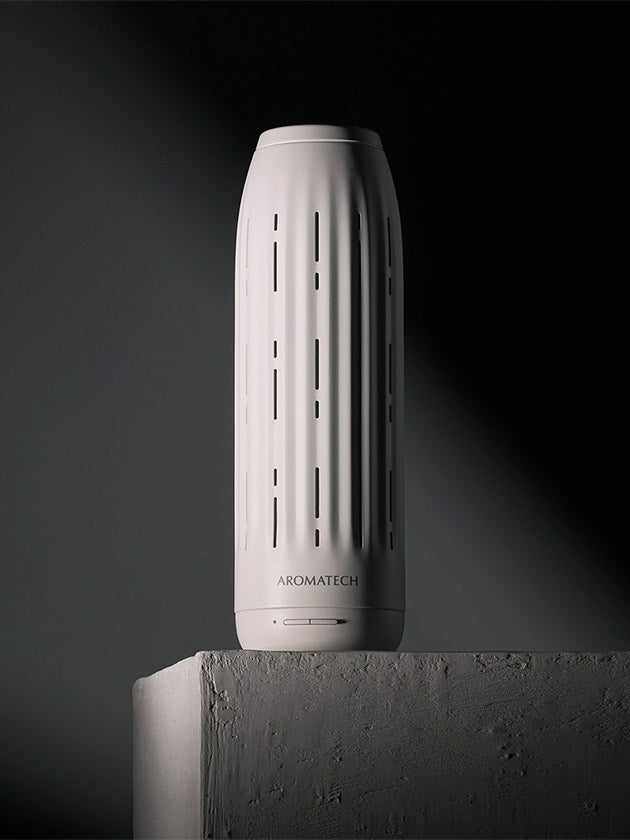
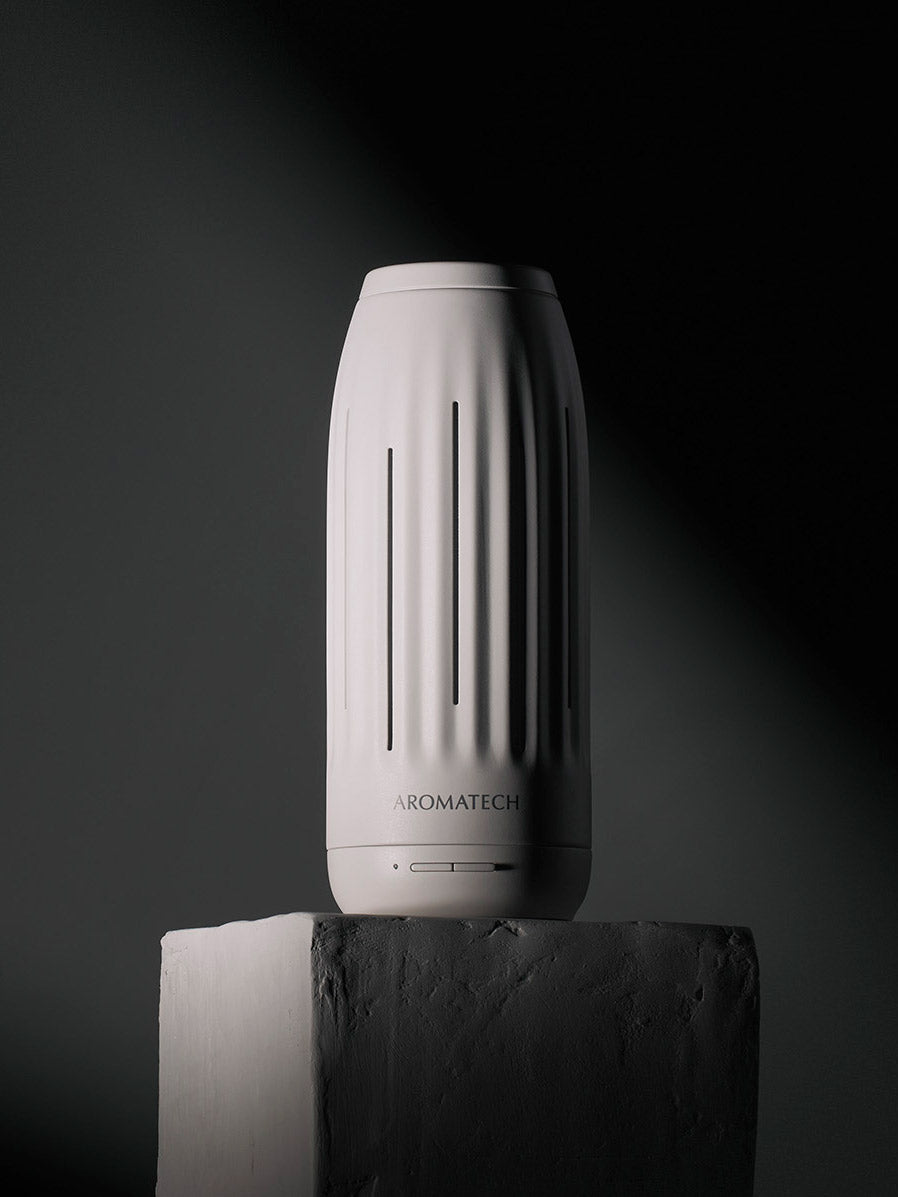
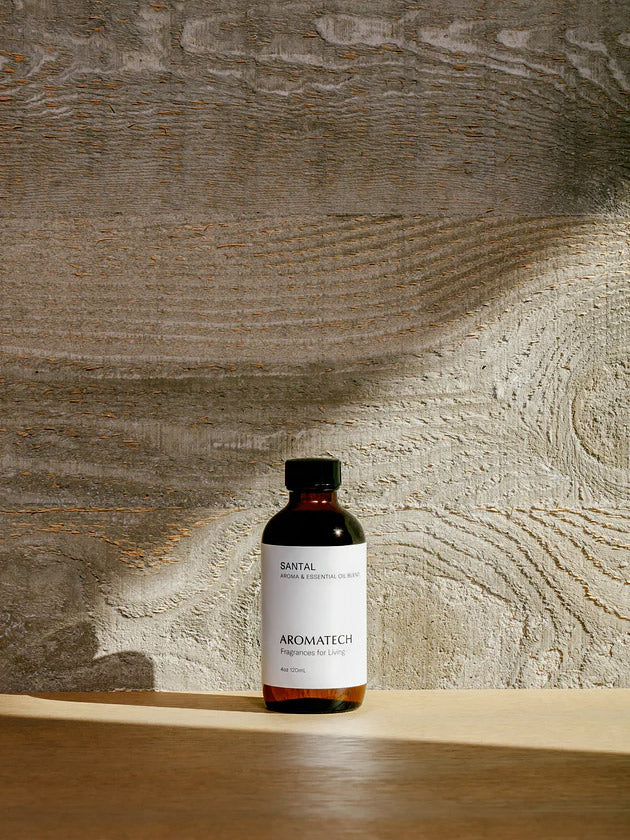
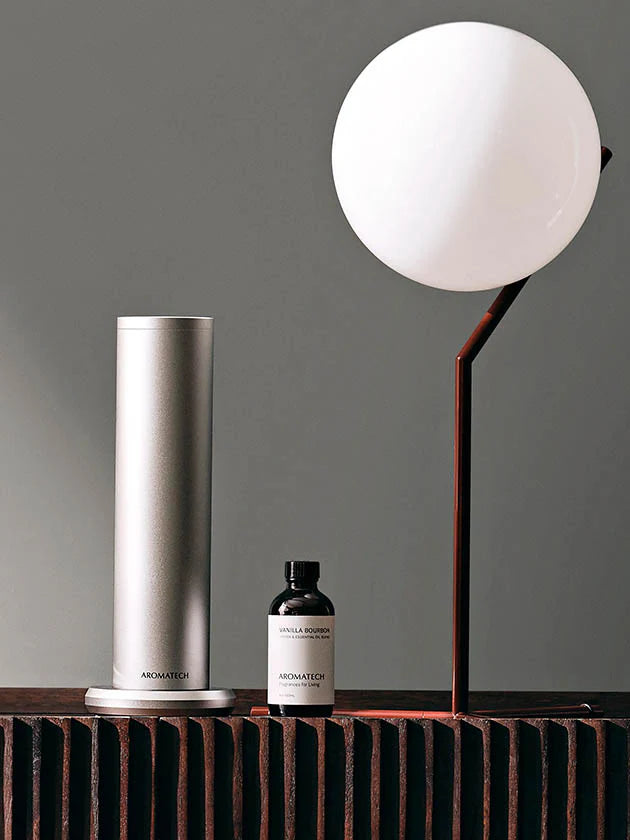
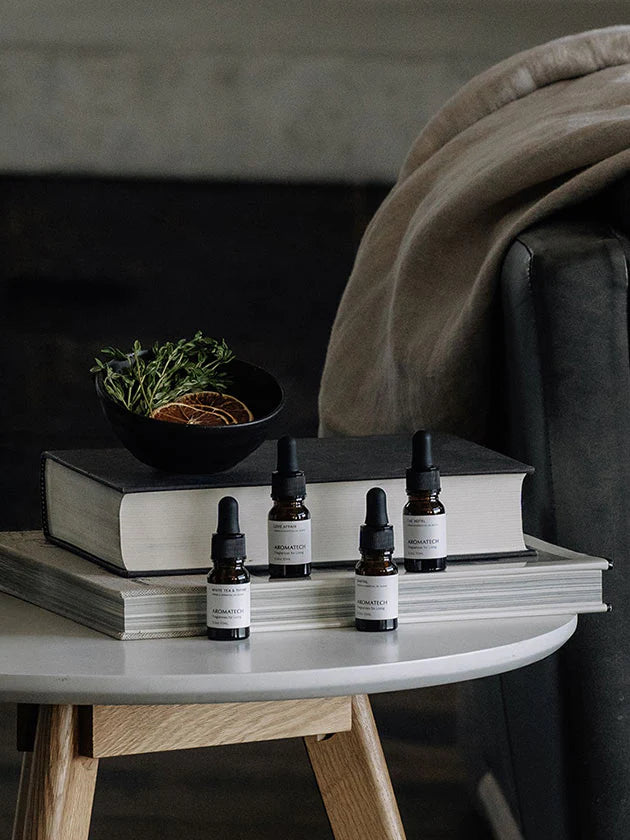
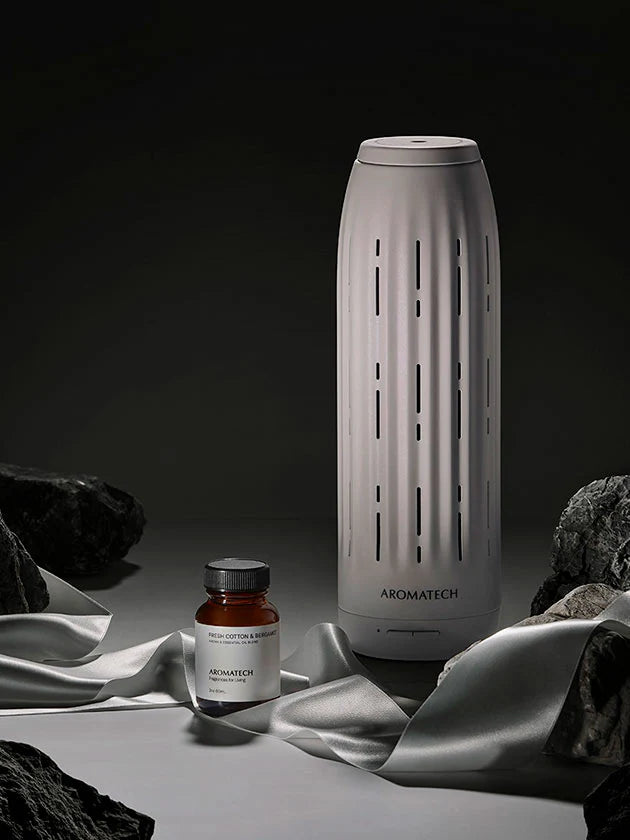


Leave a comment
This site is protected by hCaptcha and the hCaptcha Privacy Policy and Terms of Service apply.